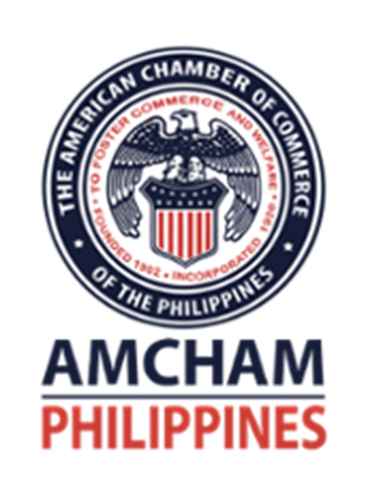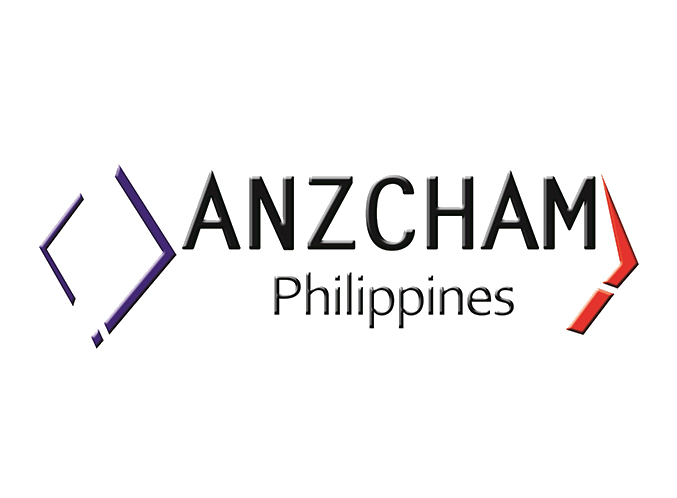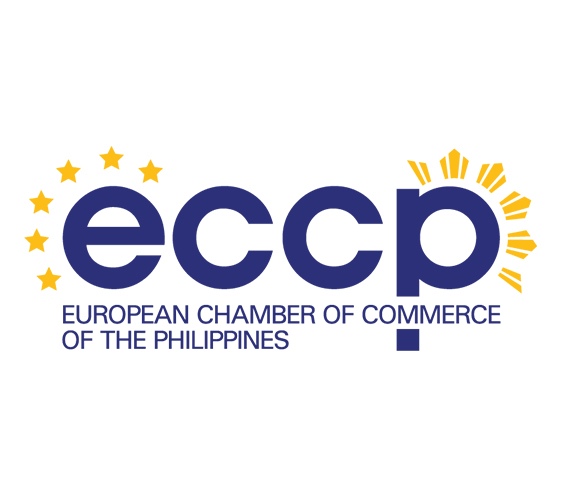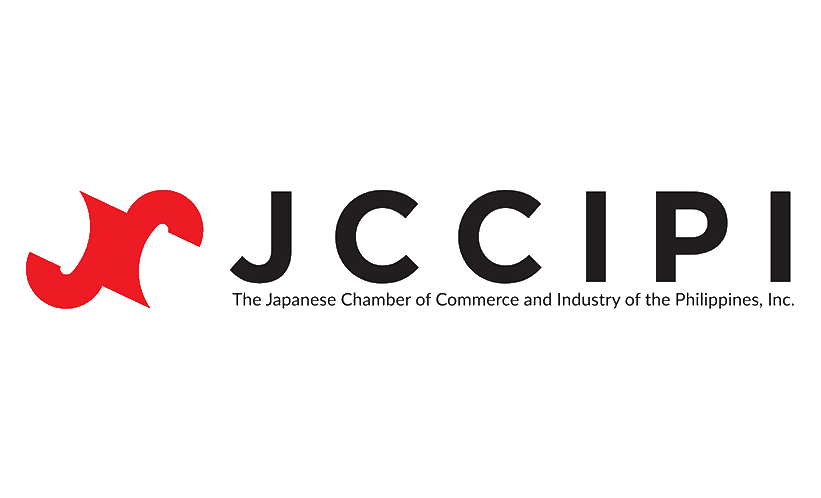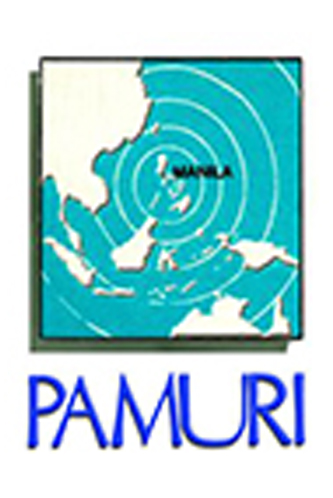PHL tagged among promising FDI sites
June 13, 2017 at 17:00
PHL tagged among promising FDI sites
Posted on June 09, 2017
THE Philippines now figures as one of the world’s preferred sites for foreign direct investments (FDI), according to the United Nations Conference on Trade and Development’s (UNCTAD) World Investment Report 2017 that noted that growth of the country’s 2016 inflows was the sharpest among comparable Southeast Asian peers.
“The favorite FDI destinations remain the United States, China and India,” it added.
“Top executives maintain their confidence in developing Asia’s economic performance and are also forecasting investments in the southeastern part of the region, with Indonesia, Thailand, the Philippines, Vietnam and Singapore — in that order — still figuring among the most promising host countries.”
The Philippines’ net FDI inflows grew by 40.7% year on year to a record $7.933 billion in 2016, outstripping Singapore’s and Malaysia’s 20.8% and 14.7% annual increases, respectively, as well as Indonesia’s and Thailand’s respective drops of 81% and 63.5%, according to data of the Bangko Sentral ng Pilipinas (BSP).
But in nominal terms, Philippine net FDI inflows paled in comparison to Singapore’s $61.632 billion and Malaysia’s $12.571 billion, although they were more than double Indonesia’s $3.762 billion and Thailand’s $3.286 billion for the same year.
Comparable 2016 Vietnam data with the BSP, while incomplete, showed that neighbor’s net inflows outstripping the Philippines in nominal terms. Vietnam’s net inflows amounted to $8.85 billion in last year’s first three quarters alone, 23.78% more than the $7.15 billion recorded in 2015’s comparable period. UNCTAD’s report said Vietnam’s net inflows “rose by seven percent to a new record of $13 billion” in 2016.
“In Southeast Asia, declining flows to Indonesia, Singapore and Thailand weighed on aggregate FDI inflows, whereas low-income economies continued to perform well. FDI flows to the 11 economies in Southeast Asia dropped by 20% to $101 billion,” UNCTAD said in its report, noting that only the Philippines and Vietnam “performed well”.
After FDI inflows to developing Asia shrank by 15% to $443 billion in 2016 — marking the first decline since 2012 — the report said “FDI inflows to developing Asia are expected to increase by about 15% in 2017, as an improved economic outlook in major Asian economies is likely to boost investor confidence in the region.”
The Philippines has figured among Asian economies that are expected to grow fastest this year, with the World Bank and the UN Economic and Social Commission for Asia and the Pacific projecting 6.9%, and the International Monetary Fund and the Asian Development Bank forecasting 6.8% and 6.4%, respectively.
“In South and Southeast Asia, several countries — including Bangladesh, Nepal and the Philippines — are expected to receive more FDI in years to come, especially from within the region, in line with a division of labor between more developed countries (increasingly focusing on goods with higher value added) and less developed countries (increasingly focusing on labor-intensive activities),” the report read, noting that five Chinese firms plan to invest $10 billion in the Philippines’ aviation, downstream oil, renewable energy, shipbuilding, as well as iron and steel industries.
Instrumental in the Philippines’ ability to lure more FDIs are reforms like reducing red tape faced by investors as well as allowing 100% foreign ownership in insurance adjustment companies, lending companies, financing companies and investment houses, UNCTAD said.
Sought for comment, Land Bank of the Philippines market economist Guian Angelo S. Dumalagan said “the government’s infrastructure projects are expected to boost the country’s economic growth, potentially making the Philippines more attractive to foreign investors.”
“The country’s appeal as a destination of foreign capital might also improve as a result of the government’s plan to reduce corporate taxes, a move which could lower the cost of doing business in country,” Mr. Dumalagan said in an e-mailed reply to queries.
“Peace and order issues might be a cause concern, but they might not overshadow the positive impact of the government’s vision for the country.”
Security Bank Corp. economist Angelo B. Taningco, shared this sentiment, saying via e-mail: “My positive FDI outlook is based on the country’s sustained solid macroeconomic fundamentals — amid robust economic growth and manageable inflation — and the government’s policy reforms such as tax reforms and bigger infrastructure spending, both expected to become more pronounced next year.”
“I believe FDIs will flow more into the Philippines as long as the country continues to have macroeconomic stability and… a more efficient tax system and better infrastructure.” — Elijah Joseph C. Tubayan






















